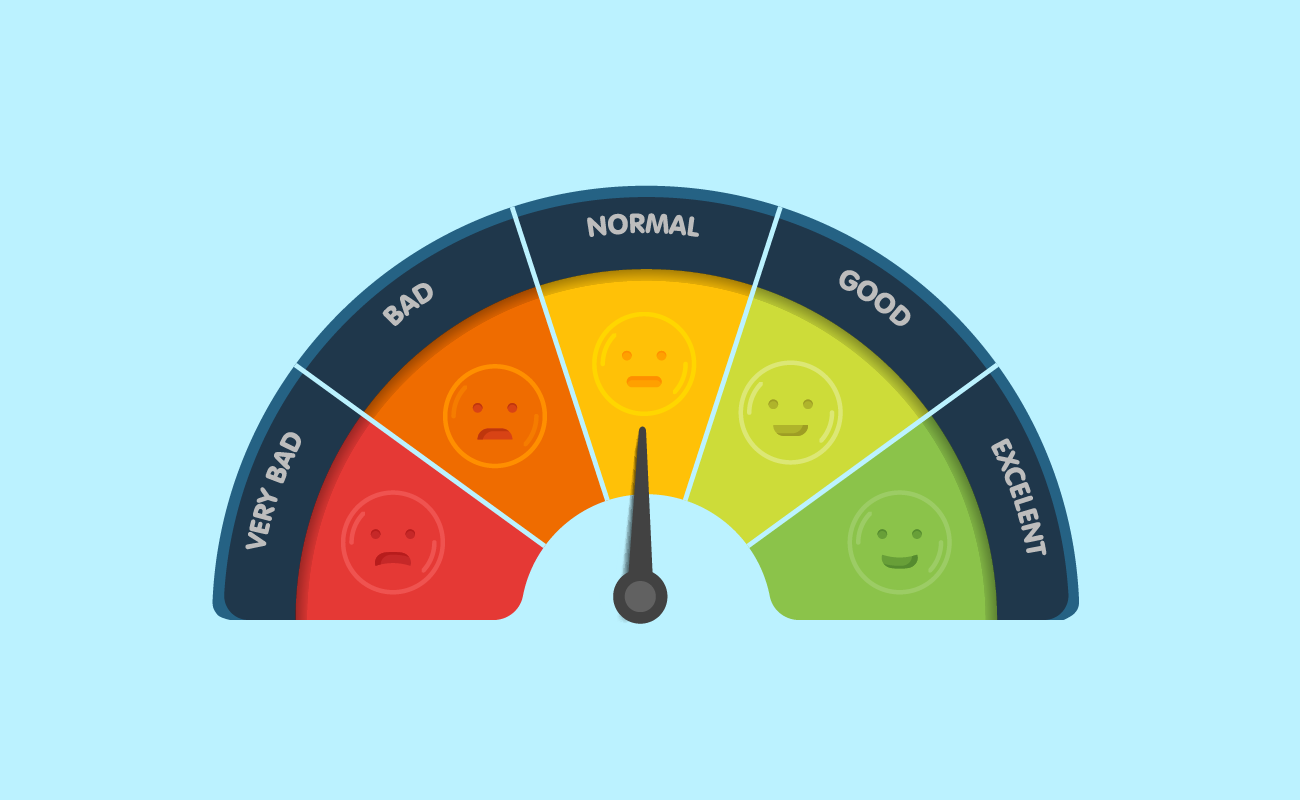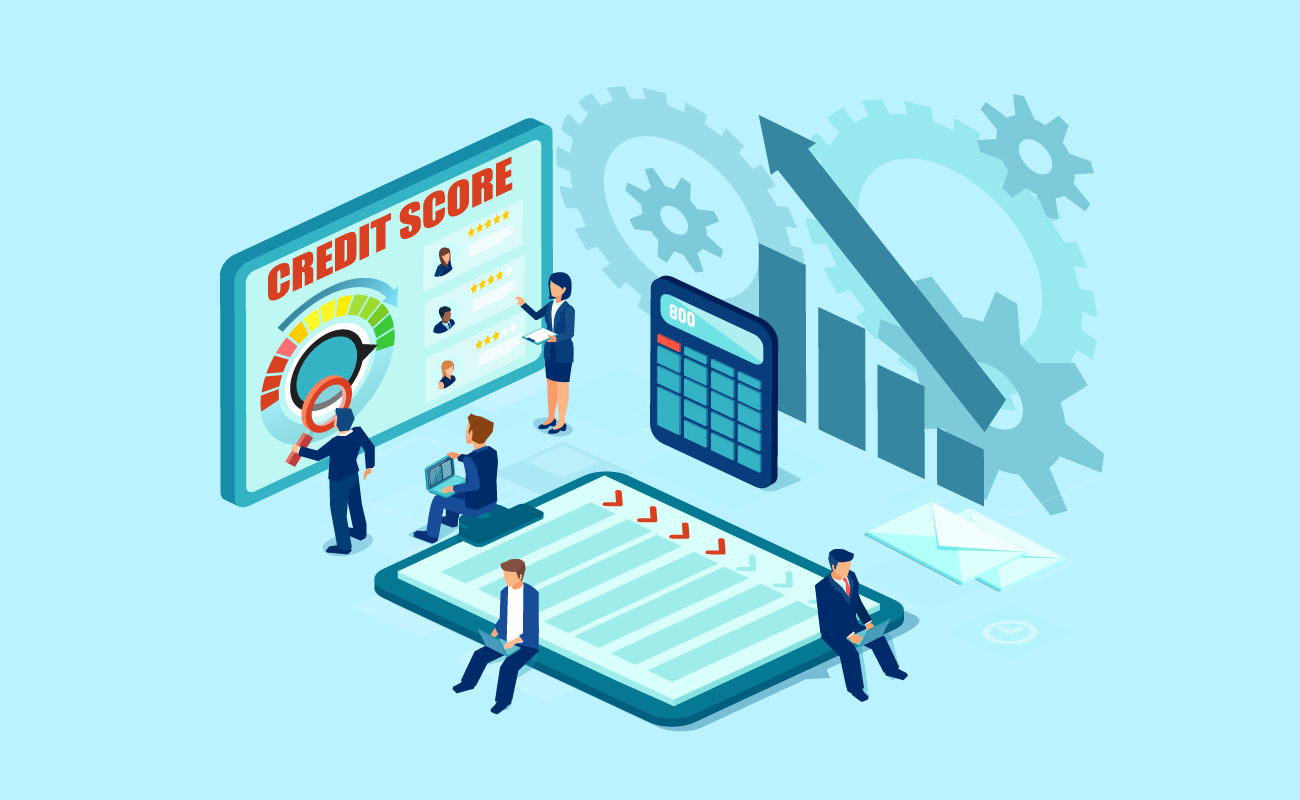
This loan calculator estimates monthly payments & the total interest based on the loan amount, interest rate and number of monthly payments. Are you buying a house or car? If so, we also offer custom calculators for home loans & automotive loans.
Current loan rates for personal loans, auto loans, HELOCs and mortgages are shown in the tabs below.
Our rate table lists current home equity offers in your area, which you can use to find a local lender or compare against other loan options. From the [loan type] select box you can choose between HELOCs and home equity loans of a 5, 10, 15, 20 or 30 year duration.
The following table shows current 30-year mortgage rates. You can use the menus to select other loan durations, alter the loan amount, change your down payment, or change your location. More features are available in the advanced drop down
If you're struggling with bad credit, you're definitely not alone. A recent study by the Corporation for Enterprise Development found that 56% of American consumers have a substandard credit rating. That's a staggering statistic, and it represents a very real problem.
A strong credit score is crucial to a healthy financial profile, and without one it can be extremely difficult to qualify for a mortgage or any other personal loan. That being said, bad credit is not always a barrier to borrowing money.
There are lenders who are willing to underwrite so-called ‘bad credit loans' for the right customers, and under the right circumstances. That's good news for borrowers with less than stellar credit histories, but there's a lot to learn about bad credit loans before you take the plunge.
This guide will explain how your credit score impacts your ability to borrow money and what types of loans are available to people with compromised credit histories. We will also look at the potential hazards of so-called ‘bad credit loans', and how they might be used to help raise a borrower's credit score.

Before you start searching for a loan, it's important to have a better understanding of how the credit scoring system works, and the impact it can have on your status as a borrower. There are three major credit reporting agencies – Equifax, TransUnion and Experian – which banks and other lenders use to evaluate potential borrowers. These bureaus assign credit scores based on 5 key factors:

Payment History
This covers your record of paying off your debts, including credit cards, personal loans, and mortgages. The credit bureau also figures in any bankruptcies, foreclosures, and liens in your payment history. A record of prompt payments will boost a score, while late payments and defaults will lower a credit rating.
Amount Owed
The amount of debt you are carrying has a substantial impact on your credit score. High outstanding loan balances, and maxed out credit cards, will naturally have a negative impact on a person's rating. However, simply having outstanding loans is not always seen as a detriment by potential lenders. Quite the reverse. If you have a history of prompt payments, even on a sizable loan, it can be seen as proof that you are a responsible borrower.
Length of Credit History
Lenders need to see a history of responsible money management before they commit to a loan. The longer your credit credit history, and the more diverse, the better your credit rating; especially if you have paid your debts on time and in full. Having little, or no, credit history can put you into a higher risk category simply because your lender has so little data to work with.
Types of Credit
This is simply the various types of credit you have accessed throughout your history, including credit cards, installment loans, and mortgages. Credit bureaus, and by extension lenders, are looking to see if you have used your credit wisely in the past. For example, if you have taken out a loan to pay off your credit cards it could be indication that you have had problems managing your finances in the past, and that could lower your rating.
Number of New Credit Inquiries
Each time you apply for a line of credit, it counts as a ‘hard hit' against your report. A large number of hits can indicate to lenders that you have been taking on more debt than you can safely manage, and that can lower your score. This is an important point to understand, because if your credit is already compromised applying for a number of loans in quick succession will cause your rating to slip even further, reducing your chances of being approved for any line of credit. So-called ‘soft hits', such as your personal request for your credit report or a pre-approval check from a potential lender, should not have a negative affect on your score.
These five factors are used to determine your three digit credit score. It's worth noting here that each reporting agency follows its own formula when assessing individual scores, so your rating may differ somewhat depending on the bureau in question. That being said, all three agencies follow the basic FICO model, with scores ranging from 301 to 850. Within that range are five categories representing the perceived health of your personal credit, and they break down as follows:
As you can see, there's not a lot of wiggle room in that ratings table, and a few points either way can make a big difference. Before applying for any loan, it's always wise to request a copy of your credit report from each of the three major agencies. You may have to pay a small fee, but it's worth it to know where you stand before you begin negotiating with a lender. Review your scores, and look for any mistakes that may have been made. Errors do occur, and left unchecked can keep you from being able to borrow the money you need at more favorable terms.
Of course, reviewing your credit report also gives you the opportunity to identify the major problem areas in your financial history, so you can take steps to rectify them. Assuming you are not in an emergency situation, it may be better to postpone any loan applications until you can improve your credit rating. Even as short a time as 6 months to a year of paying your bills on time, and reducing your debt profile, can add several points to your score; and that will put you in a better position to borrow the funds you need at a cost that you can afford.
A great deal of emphasis is placed on your FICO report when you apply for any line of credit, whether it's a bank card, personal loan, or mortgage. However, while the reporting scale is fairly standardized, how your score is judged by potential lenders is left to their discretion. For example, some banks and credit unions will only underwrite loans for customers with an extremely high rating, say 740 or above. Others might be more liberal in their practices, and will agree to lend money to someone with a lesser rating of 660 or above.
The important thing to remember here, is that a less than excellent credit score does not necessarily mean you can't be approved for a loan. What it does mean, however, is that you will have to shop around to find a lender who is willing to loan you money. It also means that even when you find an amenable lender you will likely be perceived as a greater risk; and they will want to offset that risk by adding certain restrictions to your loan agreement. That can translate into lower borrowing limits, more restrictive repayment schedules and, of course, higher interest rates.

When it comes to people with a poor credit history, or no history at all, there are two basic loan options available – secured and unsecured. Both have their pros and cons, and it is important to understand the distinction between the two.
Secured personal loans require the borrower to put up collateral as a guarantee against repayment. This helps to minimize the risk to the lender, as they can seize the borrower's property in lieu of payment should they default on the loan. The most common types of secured loans are home equity lines of credit and short term auto title loans. These have their benefits, particularly for people whose credit score has been compromised. For example:
While there are some definite benefits to a secured bad credit loan, there are also some equally significant drawbacks, and these are not to be taken lightly.
Unsecured personal loans can be had by people with less than stellar credit scores, although they are much harder to obtain. As mentioned above, some lenders have a strict policy when it comes to approving loans, and will demand that an applicant's score be at least in the low to mid 700s. That being said, if you are a member of a credit union, or are a loyal customer of a local bank, they may be willing to authorize a personal unsecured loan even if your credit rating has fallen into the low 600s.
The benefits of an unsecured loan are clear, chief among them that you won't be risking any of your personal assets as a guarantee against repayment. However, if you do find a lender willing to overlook your soft credit rating, you should be prepared to accept a fairly restrictive lending agreement. For example:
Again, it will take some searching to find a lender willing to give you a loan if your credit history is particularly problematical. If your current score is languishing in the 500 range or below, you will find it difficult to obtain an unsecured personal loan from any traditional lending institution. In which case, there are other avenues to consider, such as peer to peer lending (more on this below) and borrowing from friends or family. But if there's one thing you should take away from this guide, it is the understanding that a poor credit score doesn't necessarily lock you out of the lending market, but it will severely limit your borrowing opportunities.

If you're in the market for a bad credit loan, you'll have to accept the fact that your options are going to be fairly limited. Since the recession of 2007, banks and other lending institutions have reconsidered their loan requirements, making them much more restrictive. In the current economic climate lenders are much less likely to take on customers with a troubled credit history, and if your score is particularly low you'll need to be prepared to accept more than a few summary refusals. Still, there are loan opportunities out there, if you know where to look. Understand, however, that it may take some time to find a lender willing to take you on as a customer.
Shopping for a bad credit loan begins with the usual suspects – banks and credit unions. Meeting their eligibility requirements will be difficult, but you should exhaust these options first, before moving on to less desirable lenders.
It has to be said, getting a bad credit loan from a bank or credit union in today's financial climate can be challenging. However, they're always the best places to begin. If you can manage to meet the rather stringent requirements, you should be able to obtain a loan at more favorable terms and rates than will be offered by other bad credit lenders.
If you have no luck with your local bank or credit union, and you are still in need of a loan, it's time to move on to other options.
A word of caution when you are borrowing money, regardless of who underwrites your bad credit loan. Only apply for the amount that you absolutely need. Remember, between the high interest rates and your existing debt, it is all too easy for your loan to become unmanageable.
Before you sign any loan agreement, be certain that you already have a plan in place to repay the loan on time, and in full. Prompt repayment can actually help to rehabilitate your credit score, but any delays, or worse yet, a default, can send your credit rating spiraling to all time lows.
Finally, in an emergency, you might consider borrowing the money you need from family or friends. Now, it may be embarrassing to go cap in hand to a parent or best mate, but it is often safer and more cost effective than taking out a short term bad credit loan from a bank or other lending institution. Of course, this presupposes that you have a strong enough relationship with a friend or family member to enter into any kind of lender/borrower dynamic. But if you do, this may be your best option in an emergency.

Friends & Family
Always treat a personal loan from friends or family with the same respect you would bring to any other financial transaction. Make a point of repaying the loan on time and in full, including any interest that you may have agreed to pay. Defaulting on a loan from a friend or relative may not damage your credit score, but it may well damage your relationship. And word can get around after you stiffed one person to where an entire group of people do not trust you, dramatically lowering your quality of life.
Bad credit loans are one of the more problematical financial products on the market, but they do have a place in the broader landscape. While they typically come with more restrictive terms and higher interest rates, they are sometimes the only option for people facing a financial crisis. That being said, it is not all doom and gloom.
Properly utilized, small short term loans can actually help rebuild a damaged credit history, assuming they are handled with care and precision. The effective management of any loan, regardless of circumstances, will improve your financial profile and give you greater borrowing power in the future. But it is a tightrope that must be walked carefully; bad credit loans can just as easily lead to a cycle of debt that brings greater financial stress, and the potential for bankruptcy.
Of course borrowing money always carries some level of risk, but with bad credit loans those risks can be greatly intensified. Before you take on any more debt, ask yourself if a loan is absolutely necessary, or if it can be postponed until you can complete some much needed work on your credit score.
If at all possible, put off applying for any loans, at least until you can bring your credit rating up enough to put you in line for more favorable terms and more competitive interest rates. If you simply must take out a loan now, borrow only the amount of money you need at the moment and no more. Figure out how you will repay the loan before you accept any offers from lenders, and read and reread the fine print prior to signing any contract. While it's certainly possible to find lenders who are willing to authorize bad credit loans, it is ultimately up to you to make the kind of informed decisions that are necessary to safeguard your financial future.
Explore conventional mortgages, FHA loans, USDA loans, and VA loans to find out which option is right for you.
Check your options with a trusted lender.
Answer a few questions below and connect with a lender who can help you save today!